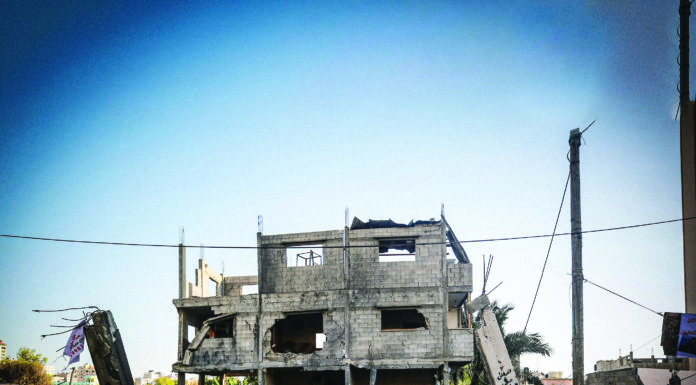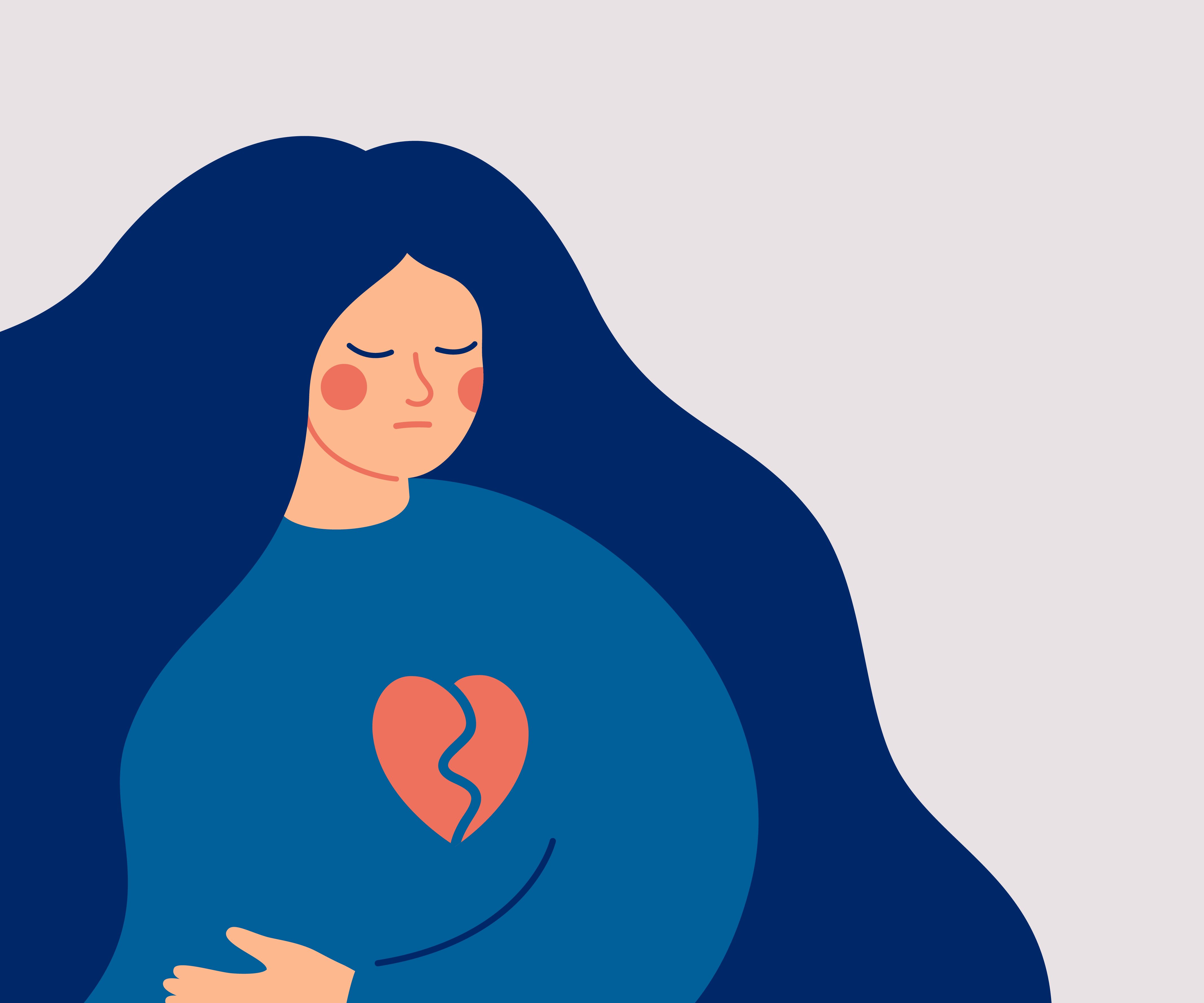I went through the Bais Yaakov system, both high school and seminary, and over and over again I heard that the most important thing for your family is shalom bayis.
Yeah, right, I thought.
You see, I grew up in a home where my parents really liked each other. But despite that, it was not a happy home. My mom was working full time, and to be honest, she had never anticipated having children so young. She became frum after high school, got married and was thrown into mothering while she finished her accounting degree. After graduating, she started her own practice, which flourished. She was exhausted, but more than that, I don’t think she knew how to connect with us or if she even wanted to.
The result was that we all suffered from extreme emotional neglect. While we were cared for physically, my parents were not present. We had nice clothes and everything we needed, but I don’t remember my mother ever asking me who I played with at recess or who my favorite teacher was in elementary school. I was lonely, introverted and shy, drawing inward to protect myself.
So I always knew that shalom bayis, while a nice value, did not guarantee a happy family. I would do better, I vowed.
And then I got married. Almost immediately after our marriage, things fell apart. My upbringing had left gaping holes in my inner world. I had good friends, but my truest self was buried deep inside. I was incredibly wounded and needy. I expected my husband to be everything—100 percent understanding, nurturing and available. I expected him to understand exactly what I needed without my having to say a word, to look after me and give to me unconditionally. And when he didn’t—surprise, surprise—and even dared to have his own needs, I was furious and devastated, broken into pieces.
Around the same time, two of my friends got divorced after just a few short years of marriage. Like me, they carried deep childhood wounds, and when their marriages got hairy, they had no clue how to cope. One of them was my closest friend. We were similar; people knew us as headstrong, feisty and fiercely independent. But inside we were stunted. We had no clue how to develop trusting relationships.
As my friends entered the world of custody arrangements and single motherhood, I, too, fantasized about leaving. All my problems would disappear when my marriage was over. I had to get out.





















